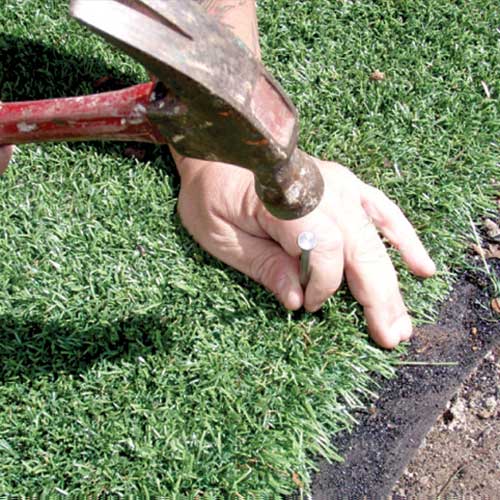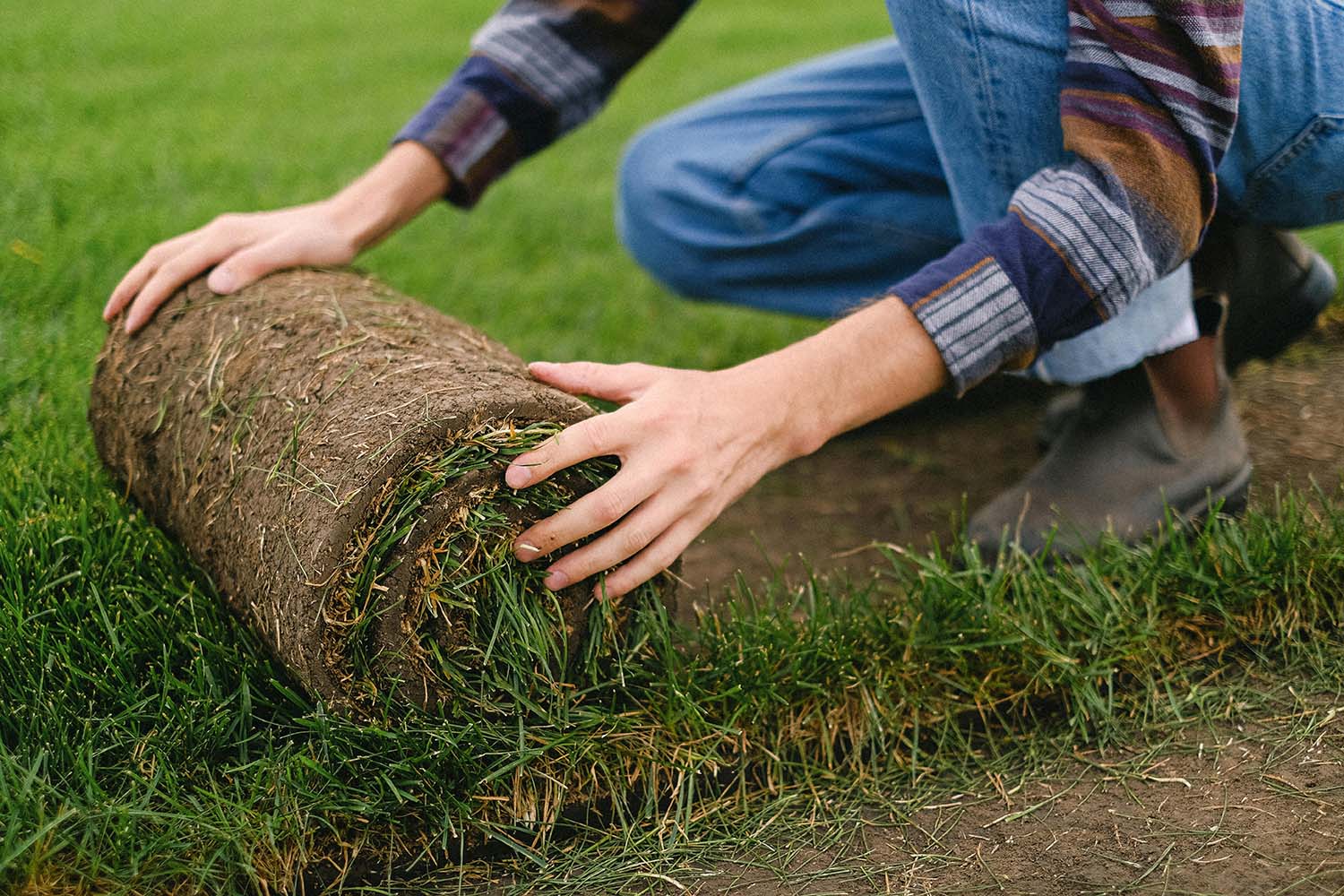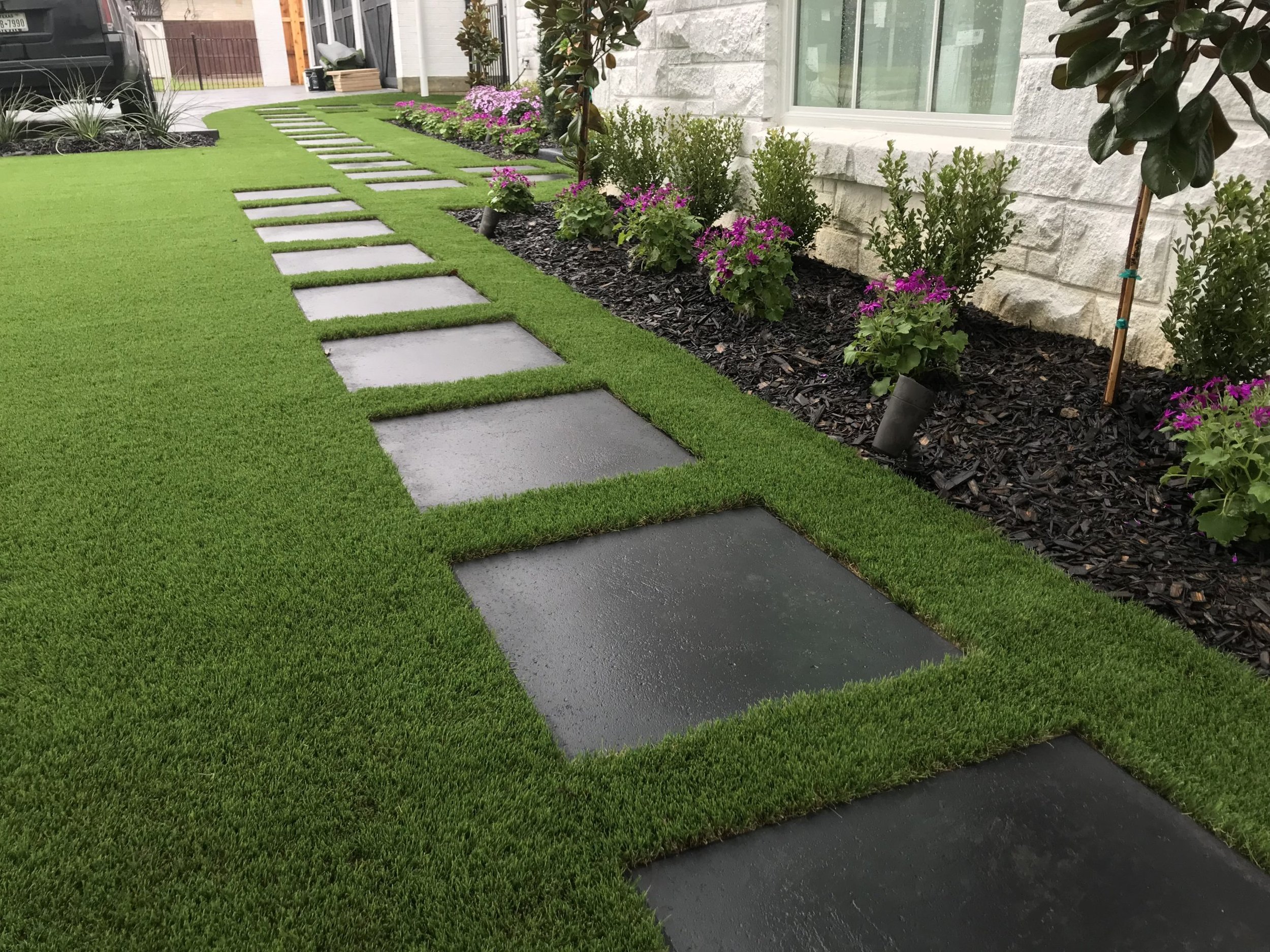Top-Rated Phoenix Turf Companies Focusing on Synthetic Grass Options
Top-Rated Phoenix Turf Companies Focusing on Synthetic Grass Options
Blog Article
Look Into the Environmental Perks of Opting for Artificial Turf Solutions
The fostering of artificial lawn options offers an engaging possibility to resolve pressing ecological difficulties. By considerably lowering water use and reducing the application of damaging chemicals, these alternatives not just promote lasting landscape design yet additionally protect local environments.
Water Conservation Benefits
One of the most substantial benefits of man-made turf is its ability to conserve water. In comparison, fabricated turf does not need watering, substantially reducing the general need for water sources.
By eliminating the requirement for regular watering, synthetic grass adds to lasting landscape techniques and aids reduce the environmental effect of excessive water usage. In addition, the conservation of water encompasses the reduction of drainage, which can cause soil disintegration and waterway pollution.
Additionally, the installment of synthetic grass enables house owners and communities to allocate water sources a lot more effectively, focusing on important usages such as alcohol consumption water and farming. The change in the direction of artificial lawn not only advertises accountable water usage however additionally aligns with more comprehensive ecological objectives targeted at preserving natural deposits.
As areas increasingly prioritize sustainability, the water preservation benefits of synthetic grass offer an engaging instance for its adoption in household and commercial landscaping jobs.
Reduced Chemical Usage
The shift to fabricated grass considerably decreases the reliance on chemical therapies typically utilized in natural grass upkeep. Conventional lawn monitoring usually involves the application of herbicides, pesticides, and plant foods to advertise development and control parasites. These chemicals can present dangers to human wellness, neighborhood wild animals, and the atmosphere, adding to soil and water contamination.
On the other hand, synthetic grass eliminates the need for these unsafe materials. Once mounted, it needs minimal maintenance, largely consisting of normal cleansing and seldom infill replenishment. This decrease in chemical usage not only benefits the immediate environment however likewise contributes to broader ecological security. By minimizing the release of synthetic compounds right into the ecological community, synthetic lawn advertises much healthier dirt and water supply.
In addition, the lack of chemical overflow associated with man-made lawn installations assists safeguard neighborhood rivers from air pollution, supporting aquatic life and preserving biodiversity. Turf installation phoenix az. As neighborhoods progressively focus on sustainable methods, choosing synthetic grass provides a viable option that lines up with environmental preservation goals. Through this change, home proprietors can appreciate lavish eco-friendly rooms without compromising eco-friendly wellness, leading the means for an extra lasting future
Reduced Carbon Impact

In addition, the installation of artificial grass can lead to significant water preservation. All-natural yards call for substantial amounts of water for irrigation, which not only includes in the carbon footprint related to water removal and treatment however also stress regional water resources. On the other hand, man-made lawn requires minimal upkeep, requiring no watering, thereby considerably decreasing water use and its associated power expenses.
Furthermore, the longevity of artificial lawn adds to its lower carbon impact. With a lifespan of approximately 15 years or more, the demand for constant substitutes is diminished, causing less waste and reduced power usage in production and getting rid of conventional turf options. Generally, artificial grass offers a sustainable alternative for ecologically mindful landscaping.
Habitat Conservation
Environment conservation is a vital factor to consider in the argument over landscaping choices, particularly when contrasting synthetic turf to natural lawn. Natural yard yards typically need considerable upkeep, including making use of pesticides, herbicides, and fertilizers, which can detrimentally affect neighborhood environments. These chemicals can seep into the soil and rivers, damaging indigenous vegetation and animals and disrupting regional environments.
On the other hand, synthetic lawn provides an opportunity to lower the eco-friendly impact of landscaping. By opting for artificial turf, home owners can decrease the disturbance of all-natural environments connected with conventional yard care methods. Synthetic grass eliminates the need for damaging chemicals, therefore protecting close-by wildlife and preserving the integrity of bordering environments. Additionally, the installation of synthetic grass can result in the conversion of previous yard locations right into even more biodiverse landscapes, such as pollinator yards or native plant locations, which can support neighborhood wild animals.
Eventually, the shift to synthetic grass not just preserves water and lowers upkeep initiatives yet additionally fosters an extra harmonious connection between human activities and the natural surroundings, promoting habitat conservation in the process.
Long-Term Sustainability
Long-term sustainability is an essential consider reviewing the advantages of synthetic grass over standard turf lawns. Among one of the most significant advantages of synthetic grass is its longevity; it can last up to 15-20 years with minimal maintenance, whereas why not try these out all-natural yard calls for regular reseeding and replacement. This longevity lowers the demand for consistent sources, such as water, fertilizers, and chemicals, which are essential for preserving a healthy and balanced turf yard.
Furthermore, artificial grass adds to a decrease in carbon emissions linked with lawn treatment tools. Traditional grass often call for gas-powered lawn mowers, trimmers, and blowers, all of which add to air pollution. Arizona artificial turf. In contrast, synthetic grass gets rid of the need for such devices, promoting a cleaner atmosphere
In addition, the manufacturing of fabricated lawn great post to read significantly uses recycled products, boosting its sustainability account. As manufacturers adopt eco-friendly techniques, the environmental impact of artificial lawn remains to reduce.

Final Thought
The fostering of synthetic grass services presents significant ecological benefits, including significant water preservation, lowered reliance on unsafe chemicals, and a lower carbon impact. Furthermore, synthetic lawn aids in preserving natural habitats by reducing land disruption and promoting lasting sustainability through making use of long lasting materials. Collectively, these elements underscore the potential of synthetic grass to add favorably to ecological health and use a feasible alternative to traditional landscaping practices in a progressively resource-conscious globe.
In comparison, man-made grass does not require watering, significantly lowering view it now the general need for water sources. By decreasing the release of artificial compounds right into the ecosystem, artificial turf advertises healthier soil and water systems.
In addition, the installation of man-made lawn can result in considerable water preservation. In comparison, man-made lawn needs very little maintenance, requiring no watering, consequently dramatically lowering water use and its associated power expenses.

Report this page